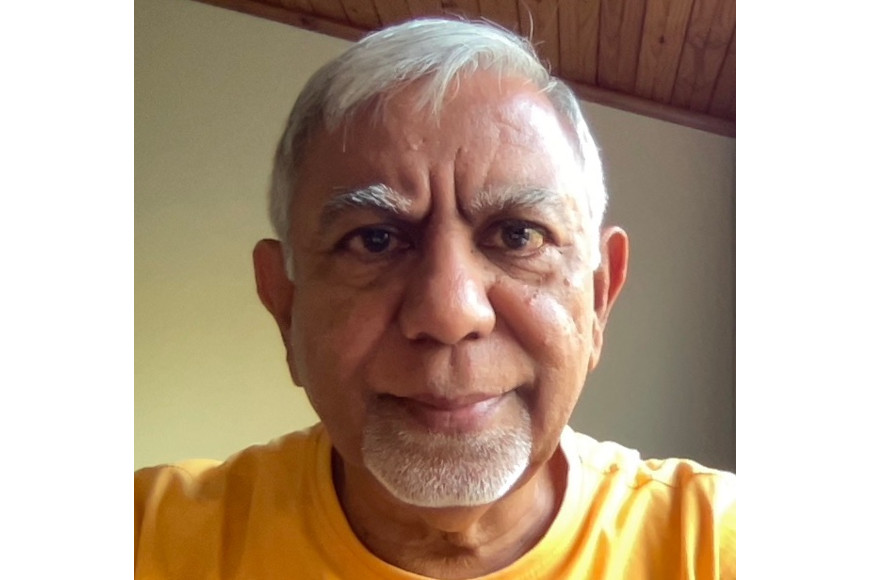DUT Publications Officer Waheeda Peters spoke to DUT COVID-19 Response Task Team (TT) Chairperson, Professor Champaklal Jinabhai, on the Task Team’s plans for 2024.
Prof Jinabhai explained the Team’s new, broadened focus for 2024 compared with its entirely COVID-related focus in 2020 and beyond. He said that for 2024, the Task Team has broadened its focus to health promotion and disease prevention because in addition to the COVID-19 pandemic, since 2020 there were the emergence of a range of infectious diseases, lifestyle related non-communicable diseases, as well as a serious increase in mental health and stress-related challenges.
“This broadening of the Team’s focus is in alignment with DUT ENVISION2030 and the Living Values Framework to provide a strong foundation for its implementation. While increasing the scope and range of activities of the Task Team, we would ensure that the health promotion messages strongly encourage students and staff to follow healthy lifestyles-exercise, healthy balanced nutrition, stress management, avoiding substance abuse and excessive alcohol consumption,” he replied.
In term of activities the Task Team are embarking on, its composition includes full representation from the Registrar’s Office, the Dean of Students, Student Representative Council (SRC) leadership and students, all the faculties, divisions and service departments; as well as the Safety, Health and Environment (SHE) representatives.
“This broad representation ensures that all sectors are well informed about our health promotion and disease preventions messages. In addition, we are planning regular seminars for education and training in various aspects of Public Health to create an enabling environment, webinars to disseminate information about current health trends, and vaccination and other intervention campaigns to support the work of Student Counselling and Health, which provides comprehensive Primary Health Care and Counselling services,” he commented.
When Prof Jinabai was asked the question on whether COVID-19 has gone away, he indicated that currently the COVID-19 infection has moved from a pandemic stage to one where it is endemic i.e. the infection is still present in communities, but at a lower level, with occasional flare-ups.
“However, it is important to stress that the Living Values Framework strongly focuses on creating an enabling environment for students and staff to feel safe and healthy, and the Task Team is part of the protective shield to achieve this,” he stressed.
Prof Jinabhai emphasised that it was for this reason that the Task Team had established a strong surveillance system of reporting any symptoms and signs of infections to monitor the health situation in the DUT community and to evaluate and develop interventions to prevent any major outbreak of infections.
“In addition, we are also establishing a capacity for isolation and quarantine if and when the need arises,” he said.
Prof Jinabhai further gave insight into what prevention measures everyone can take to protect themselves from infectious diseases.He commented that these messages would complement DUT’s standard public health interventions to ensure sanitising, food and environmental hygiene, drinking clean safe water and early detection and reporting of any symptoms of diseases.
“Each individual member of our DUT community should be empowered with the knowledge necessary to promoting their individual health, and measures to protect themselves. In addition, the Student Counselling and Health unit is available to provide specific counselling and medical interventions to assist and treat individual students who may need care and support,” he said.
Pictured: DUT COVID-19 Response Task Team (TT) Chair, Professor Champaklal Jinabhai.
Waheeda Peters

